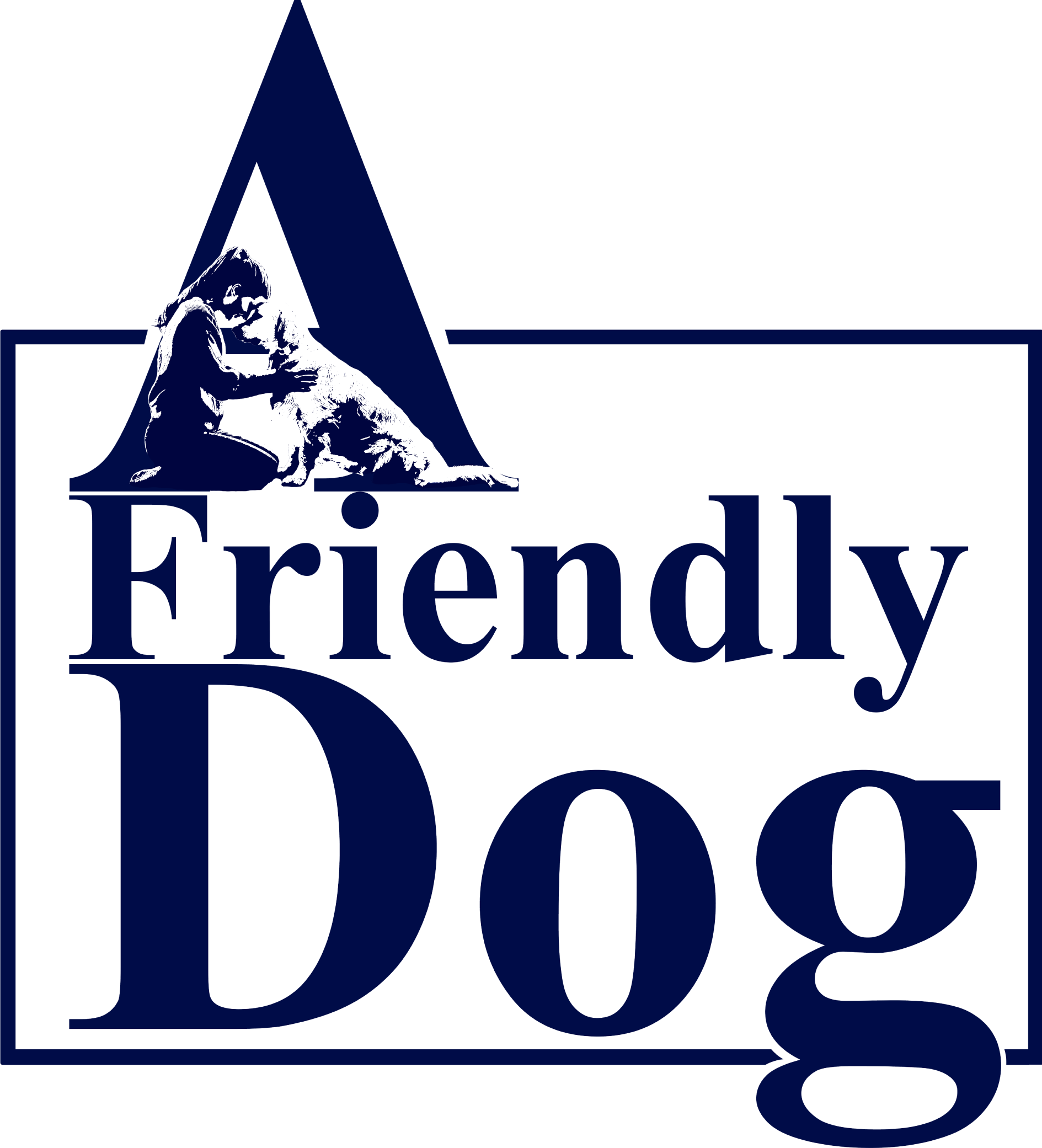The educational prerequisites for veterinary medicine positions are held to the utmost standard in terms of knowledge. Prospective candidates are expected to possess a four-year undergraduate degree prior to enrolling in medical school. This set of standards encompasses a profound interest in veterinary studies and a willingness to acquire additional animal care-related knowledge throughout their professional lives. It also necessitates a rigorous study of related sciences, exceptional mathematical proficiency, and refined communication skills.
There is an expectation for near-flawless performance factors, such as outstanding grades with evidence of results. Veterinary students must possess the ability to handle a broad range of subject matter, from general to highly specialized, ensuring that they are adaptable and knowledgeable about common sense matters while possessing the expertise to make life-saving decisions. Any indication of personal and peer regard for fraternal or sorority organizations and social networks should be disclosed, and all professor recommendations must be well-known and relevant to the expected, more specialized standard of study for veterinary medical school.
This may include laboratory experience in accelerated learning classes at an advanced placement level, husbandry or homesteading work as an extracurricular activity with a club such as 4H, and even in-depth hands-on learning from personal life experiences such as living with a professional animal breeder, working in the circus, or having a veterinarian parent or other relative. There may also be a volunteering component that ensures veterinary school candidates have had real-life exposure to the field without a sense of entitlement or knowledge at practice. Ultimately, there is no way around a set of very high standards for admission to veterinary school, including the lesser-known societal aspects.
In addition to these attributes, veterinary schools seek candidates who derive satisfaction from working with animals. However, this enjoyment encompasses more than mere affection for animals. Similarly, animal care extends beyond mere enjoyment, even under optimal circumstances. Veterinarians must possess a profound respect for animals, recognizing them as true companions and demonstrating a genuine reverence for them as living beings connected to a larger and more comprehensive framework. This level of comprehension ensures that animals receive the finest veterinary healthcare that humans can provide.
More often than not, students of veterinary medicine seize every opportunity during their educational journey to fulfill their ultimate aspirations of altruism and achieve goals that have been set at an already elevated level of accomplishment. They understand that it is their responsibility to promote the well-being, safety, and good health of animals, and in the long run, they envision themselves contributing even more. There is always room for professional growth. This is why the education and ongoing learning of veterinarians are of paramount importance.

